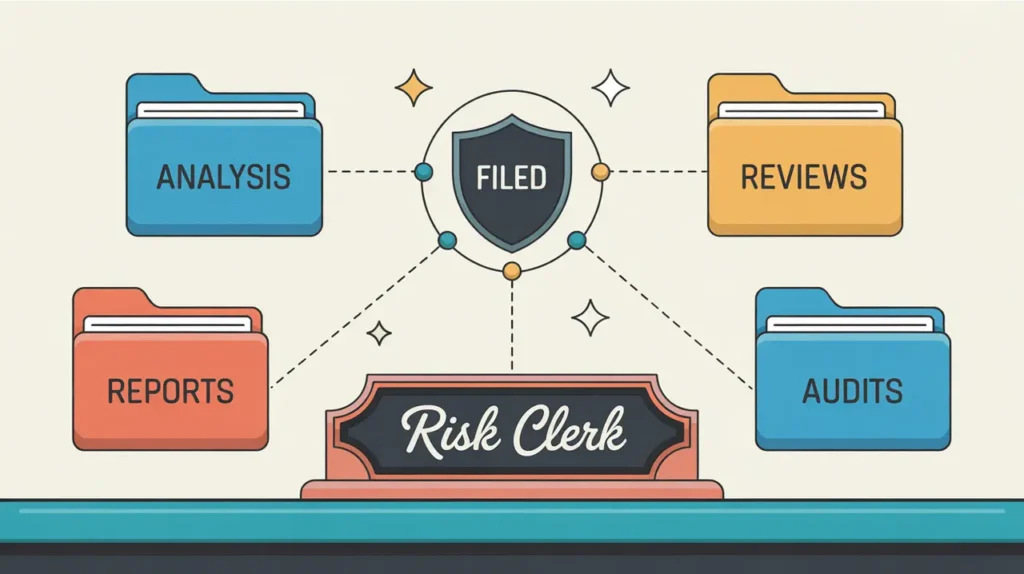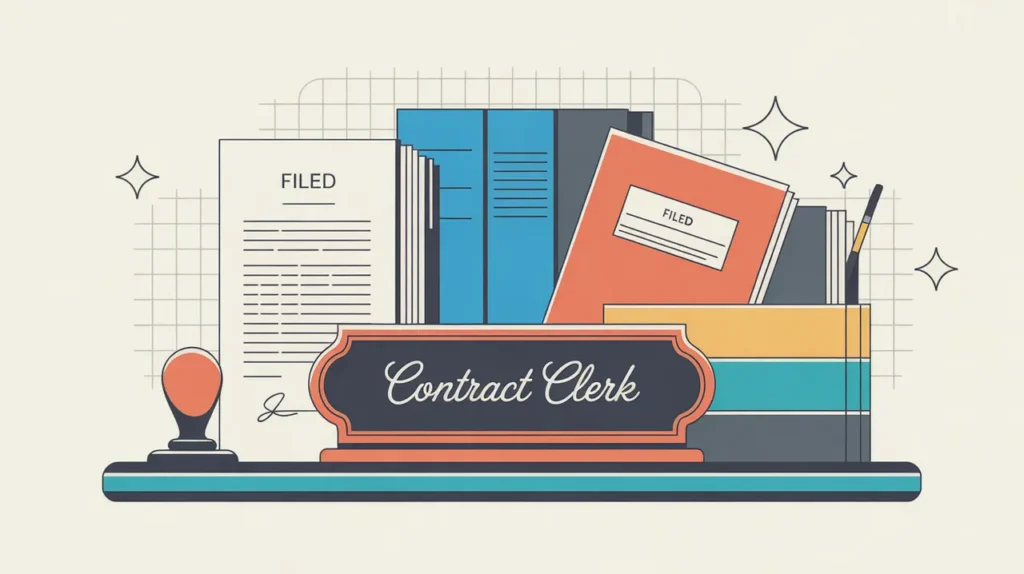What Does the Budget Analyst Role Involve?
A budget analyst is responsible for developing, monitoring, and analyzing budgets to ensure that organizational resources are allocated efficiently and align with strategic priorities. This involves preparing budget proposals, tracking expenditures, conducting variance analyses, and providing financial insights to support decision making. Budget analysts work closely with program, finance, and leadership teams to balance fiscal responsibility with programmatic goals. The role typically sits within finance, strategy, or operations functions. In both nonprofits and social enterprises, budget analysts play a critical role in maintaining financial discipline, supporting strategic planning, and ensuring compliance with funding requirements.
At What Level does this Role Operate?
Mid Level: This role operates with analytical and strategic responsibility within finance or planning teams. Budget analysts typically report to finance managers, directors of finance, or heads of strategy. They may oversee junior staff or work independently to provide analysis that informs resource allocation and organizational priorities.
Relative Employability: Mid-level budget analyst roles are consistently in demand across nonprofits, social enterprises, public institutions, and private firms. Individuals with strong analytical skills, financial literacy, and the ability to translate numbers into actionable insights are particularly valued.
Relative Pay Scale: Within nonprofits and social enterprises, budget analyst roles typically sit in the mid to upper mid pay bands for finance staff. Compensation reflects the combination of technical expertise and strategic contribution required.
What are the Key Responsibilities and Activities?
- Develop and monitor organizational and departmental budgets
- Prepare budget proposals and financial forecasts in collaboration with teams
- Track expenditures and analyze variances between actual and projected spending
- Provide financial insights and recommendations to support decision making
- Ensure compliance with funder, regulatory, and organizational requirements
- Support strategic and operational planning with financial analysis
- Prepare regular budget reports and present findings to leadership and program teams
- Collaborate with finance, program, and operations staff to align budgets with strategic goals
What Core Competencies and Qualifications are Needed?
Required Qualifications and Experience
The following reflect common qualifications and experience expected for this role, while recognizing that pathways may vary by context, organization, and region.
- Relevant academic background in finance, accounting, economics, public administration, or a related field, or equivalent professional experience
- Appropriate years of relevant experience for a mid-level role, including demonstrated budgeting and financial analysis work
- Strong knowledge of budgeting principles, financial management practices, and analytical methods
- Experience working with financial systems, spreadsheets, and reporting tools
Key Competencies
- Financial analysis and budgeting expertise
- Strong numerical and analytical skills
- Attention to detail and accuracy in financial reporting
- Ability to communicate financial information clearly to non-financial stakeholders
- Strategic thinking and alignment of budgets with organizational priorities
- Proficiency in financial software and data visualization tools
How are AI and Automation Shaping this Role?
An AI-native budget analyst will look to AI and automation to enhance forecasting, detect anomalies, and optimize budget monitoring. They can use AI tools to analyze spending patterns, model future scenarios, and provide predictive insights that improve planning accuracy. Automation can streamline data consolidation, variance reporting, and dashboard updates, allowing budget analysts to focus more on strategic analysis and advising leadership. By integrating AI into budgeting workflows, analysts can support more adaptive and data-driven financial management.
What Career Pathways and Transferable Skills are Associated with this Role?
Budget analyst roles prepare professionals for advancement into senior finance, planning, or strategy positions, such as budget lead, finance manager, or director of finance. The combination of financial analysis, strategic insight, and cross-functional collaboration developed in this role is transferable to leadership roles in finance, program management, and organizational strategy across nonprofits, social enterprises, government agencies, and private firms.







